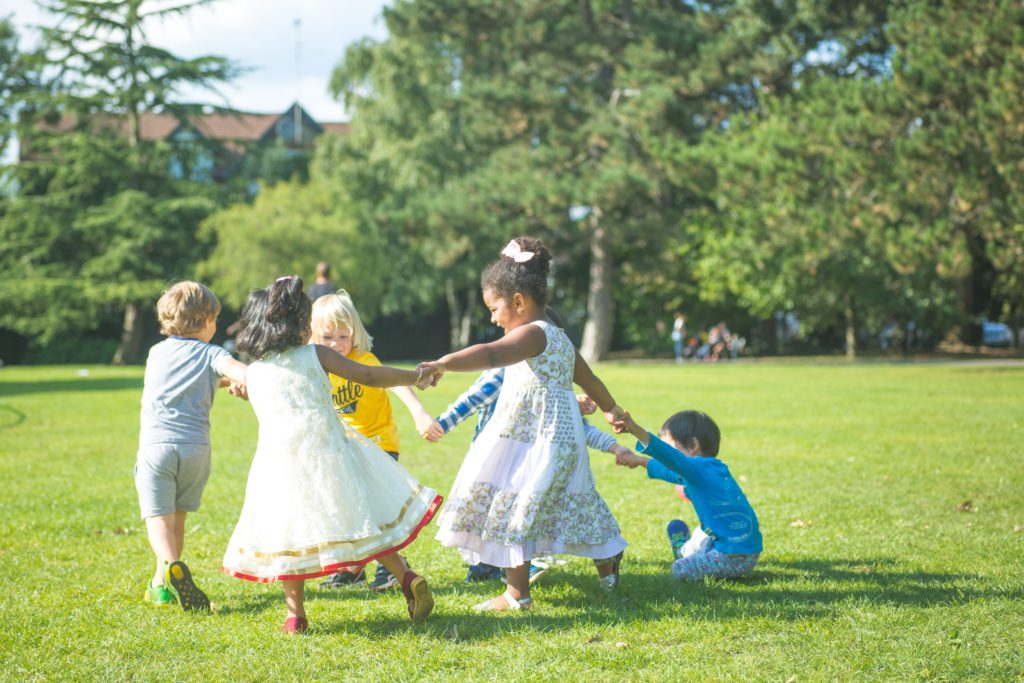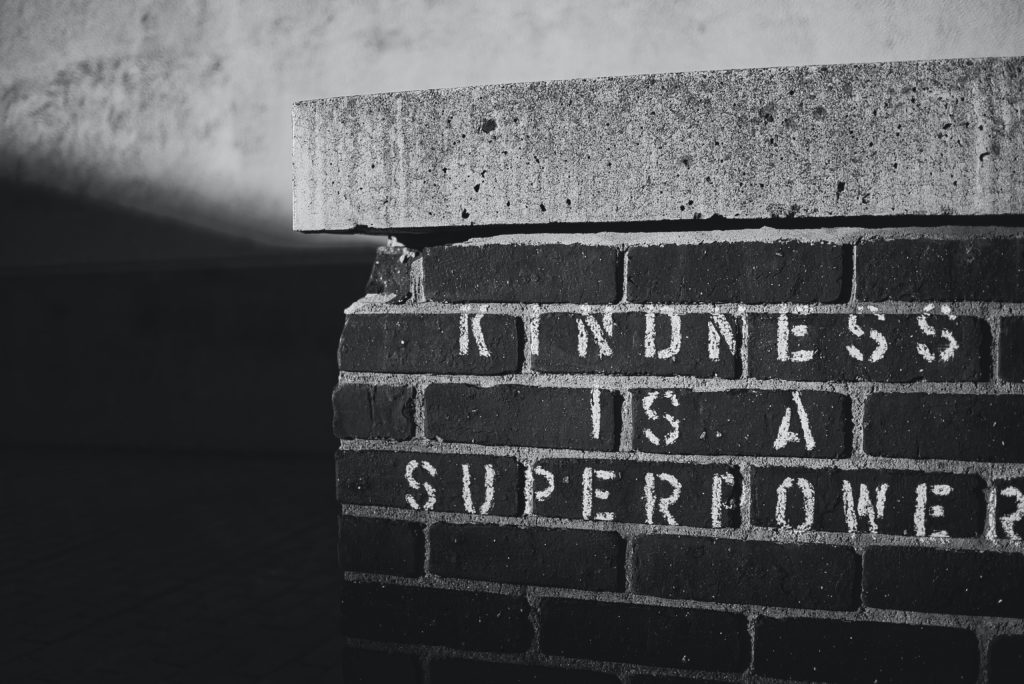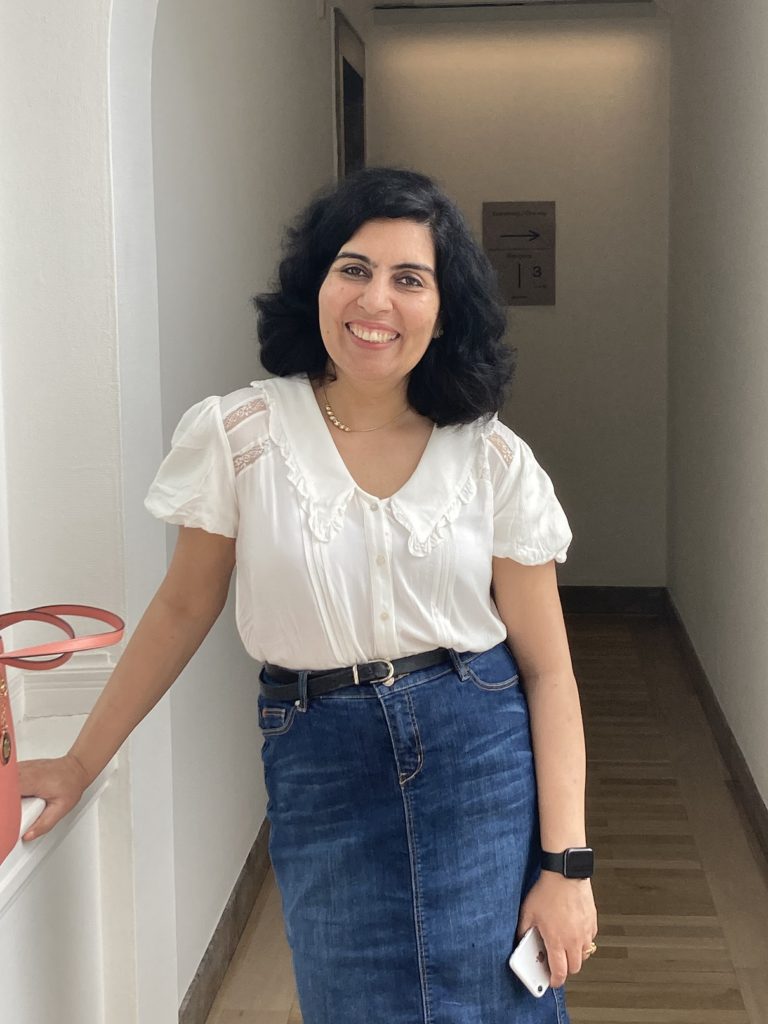Soumya Bharathi
Guest Blogger
Parenting is mostly instinctive. But there are days when a simple thing such as a pair of footwear forces you to question this instinct and reflect on your parenting principles.
It was one such day; in the harsh afternoon sun, I saw my daughter playing barefoot with two of her friends. She had three pairs of footwear- shoes, flip-flops and sandals. So, if she forgot where she kept one pair, she could always use another one.
I called her and reprimanded for not wearing any.
“I have nothing to wear,” she replied. I was curious, what had happened to all her footwear?
“One of my friends couldn’t find her sandals. The other liked my flip-flops. So I gave mine to both of them,” she smiled.
Then I saw two girls playing on the far end of the road wearing my daughter’s footwear.
Maybe these girls decided to share, and I didn’t want to interfere in kids’ play.

“Where are your shoes? Go wear them,” I told her, thinking that having a spare pair always helps, especially with children.
“They don’t fit me anymore Amma,” she shrugged. I got them and checked; she had indeed outgrown them.
She ran back to continue playing, still barefoot.
My protective maternal instincts came up. What if she got hurt? What if her feet would burn due to heat?
Her decision to be generous, putting her comfort at stake irked me. I was in two minds about what to do, but my instincts won, and I decided to interfere.
So I walked up to the other two girls and requested them to wear their footwear and return my daughter’s; they had no option but to oblige and went back to their houses to do as told.
As I walked back towards my home, I sensed that my actions made my daughter angry. She refused to wear the footwear I was holding and went home. I later explained that she had to think of her safety, just as she thought of her friends.
This had happened many times. That day it was footwear, on another, it would be her bicycle, and sometimes it was her books and toys. She is a child who likes sharing, and I was a concerned parent always at the crossroads that her generosity could be taken advantage of, by other children.
But that day, I had an epiphany.

My daughter had been very kind; instead of appreciating and encouraging her, I reprimanded her and asked her to be selfish. All because I felt I had to protect her from the consequences of being too kind in a world where being selfish is sometimes advantageous. What if people misused her generosity?
In our society, we are often subconsciously programmed to think that being too good can be a weakness. I wanted her to be strong, so my way of ensuring it was to teach her to be selfish when circumstances demanded it.
But that afternoon, I introspected my actions. Just because I was a parent, did I have the right to titrate her kindness and say this level is ok, this is a bit too much? Did being a parent give me the authority to set an upper limit on any virtue?
An anecdote shared by Mrs Sudha Murthy replayed in my mind. When she was in high school, some soldiers from the Indian Army had come to her school seeking donations during war times. An emotional Mrs Murthy had donated her gold finger ring in zest. What if she had been reprimanded and punished for her act of generosity by her parents? What if her parents had warned her or cautioned her against the greedy ways of the world instead? That didn’t happen because we know that the seeds of philanthropy were planted in her mind from a very young age, by her parents and grandparents.
I realised that in childhood, most of us have purity of intentions. Children, when left on their own, organically choose kindness over being selfish because they are far more in tune with their humanitarian instincts and are untouched by the harsh realities of the world. We all dream of a better world. But who will make it better?
The generation of kids growing up today can change the world only if we parents let them. If we try to instil, our fears and insecurities, they will never be able to think, speak or give freely. Instead, if we can motivate them when they show qualities like kindness, empathy and compassion from childhood, they will embrace them as adults.
Thinking about my actions helped me understand that empowering my daughter meant supporting her to bloom fully into the person she wants to be and not just teaching her survival skills. It was not as if she did not understand the consequences even if she was five years old. Sharing your footwear means walking barefoot on a heated road, yet she chose to be kind. As a supportive parent, I had to respect her choice and encourage her. This clarity changed my outlook on parenting. Sharing gave her happiness. And I had to learn to prioritize her happiness over her comfort.
Have you faced such dilemmas in your parenting journey? And have you empowered your child to choose compassion, empathy and kindness over greed, selfishness and indifference?
[Banner Image by Andrea Tummons on Unsplash]

About the Author:
Soumya Bharathi is an author, blogger and poet based in Bangalore. An Oral Surgeon by training, she is currently pursuing her passion of writing, full-time. Her short stories have been selected for various anthologies. She is also a self-published author. Her first book is a collection of short stories titled “Life blooms in Myriad ways” and her second is a poetry book titled “From the heart of a homemaker”.

About A New You:
We all deserve to have everything in our life exactly the way we want it.The first step begins with believing that every moment is bringing an opportunity to be a new you. As a founder, I provide tools to elevate all dimensions of your life and I teach you the art of writing to reach to your true potential.
Vandana Sehgal | Founder – A New You
